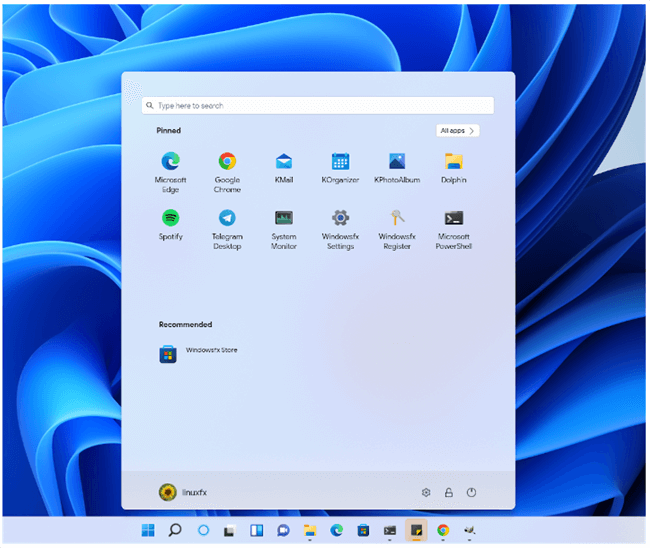
Linux, known for its stability and security, has garnered a loyal following in tech circles. Unlike Windows, which often faces scrutiny over updates and vulnerabilities, Linux distributions offer robust security features and regular updates tailored to user needs. This reliability is particularly appealing to businesses and individuals prioritizing data protection and system integrity.
Moreover, Linux distributions provide unparalleled flexibility and customization options. Users can choose from a variety of desktop environments and tailor their computing experience to suit personal preferences. This flexibility extends to software choices, with a vast repository of open-source applications available for installation, often free of charge.
Performance is another area where Linux shines. Many users report that Linux-based systems tend to run faster and more efficiently on older hardware compared to the resource-heavy Windows 11. This efficiency not only enhances user experience but also extends the lifespan of aging devices, making Linux a sustainable choice for those looking to maximize their hardware investments.
In terms of software compatibility, Linux has made significant strides in recent years. While traditionally seen as lacking support for mainstream applications, the rise of compatibility layers and virtualization technologies has bridged this gap. Users can now run many Windows applications seamlessly on Linux through tools like Wine or virtual machines, offering a viable solution for those dependent on specific software packages.
For developers and tech enthusiasts, Linux offers a playground of tools and resources unmatched by other operating systems. The command-line interface and robust development environment foster innovation and experimentation, making Linux a preferred platform for coding and software development.
Cost-effectiveness is another compelling reason to consider Linux. Unlike Windows 11, which often comes with a price tag, Linux distributions are typically free to download and use. This accessibility makes Linux an attractive option for budget-conscious users and organizations looking to minimize licensing costs without compromising functionality.
Despite these advantages, transitioning from Windows to Linux requires careful consideration. User familiarity with Windows-specific software and workflows may pose initial challenges. However, community support and extensive online resources often mitigate these hurdles, ensuring a smooth transition for motivated users.
As the tech landscape continues to evolve, the debate between Windows 11 and Linux remains vibrant. While Windows offers familiarity and integration with Microsoft’s ecosystem, Linux presents a compelling case with its security, customization, and performance benefits. For users willing to explore new horizons and embrace a versatile computing experience, Linux stands out as a worthy alternative to consider in today’s digital age.